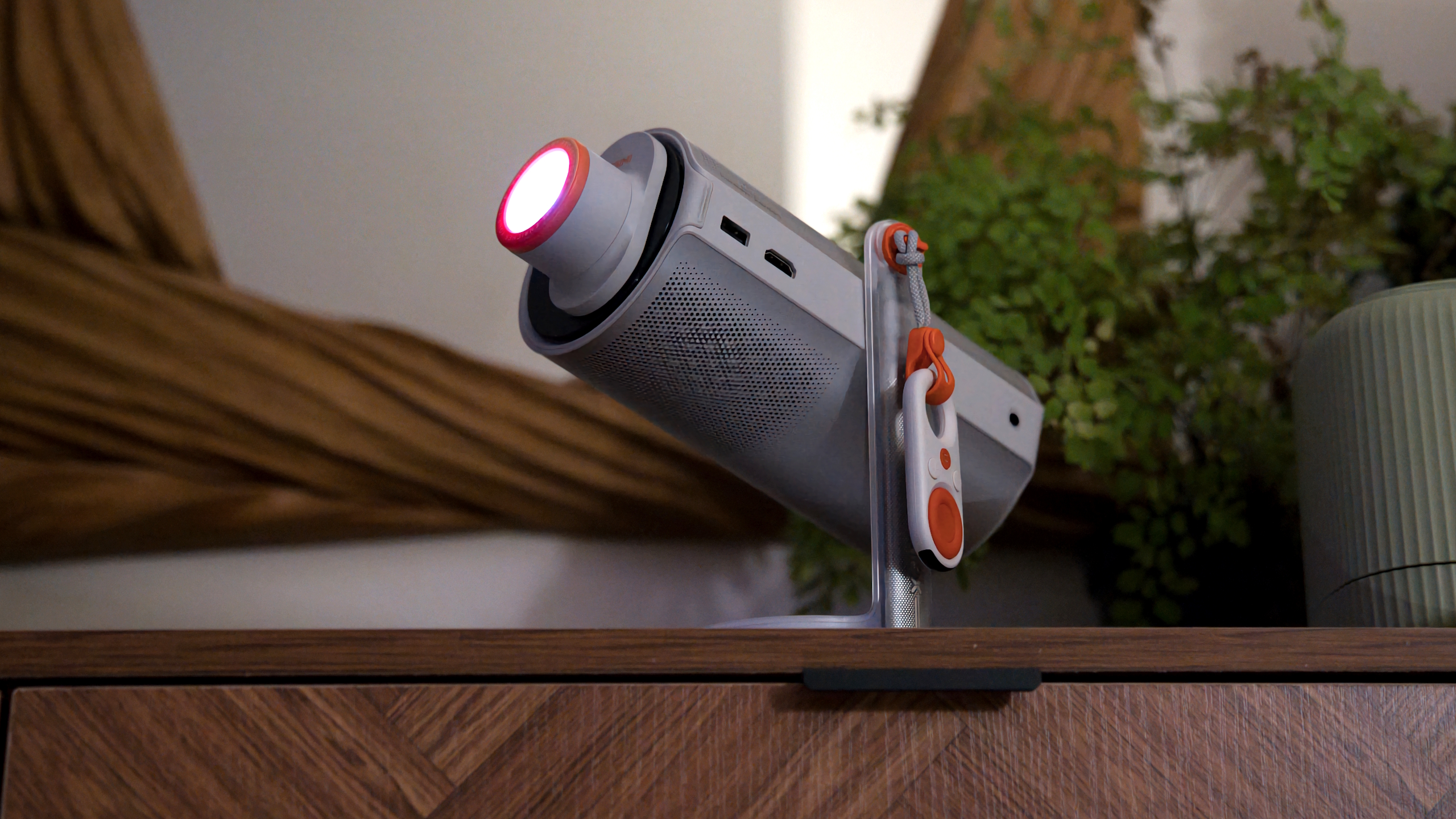How do I maximize internet speeds while gaming with a VPN?

With all the concerns about privacy on the internet, it is easy to make the argument for a VPN (Virtual Private Network) to keep your data encrypted and safe. The general concern among gamers is that aside from the disadvantages of cost, and complexity, that a VPN can cause a speed slowdown.
In our recent Best VPN for PC Gaming Guide, none of our tested VPN services provided our full download speeds. So in the end, it becomes a balance between speed and privacy, but there are some techniques to preserve throughout, and minimize lag. There are also some less obvious advantages to gaming on a VPN in addition to privacy, such as having access to a better server, getting around countries that block certain games, protection from DDOS attacks on the game server, and avoiding getting your online Steam account hacked and exposing your credit card data.
If you want to know which VPN to use, check out The Best VPN For Me, a site which will help you select your VPN based on exactly what you want. You can select between categories like "Downloading" and "Privacy," and find the best VPN available.
#1 Start with the basics
Before proceeding, it is a good idea to get an idea what your internet speeds are, so start with a Speedtest, and see what throughput you are getting from your ISP, before trying to optimize the VPN. Keep in mind that your network may need some optimization before focusing on the VPN issues. It is also good practice to reboot your modem, computer and router. Finally, perform these tweaks on a wired connection to eliminate wireless interference issues as the source of speed loss.
Also, think about what speed tier you are on from your ISP, consider your needs, and think about upgrading for multi-user households so everyone can have adequate bandwidth.
#2 Location, Location, Location
Recall that a VPN provides an encrypted tunnel from your computer to the VPN server, that then interfaces with the internet. All VPN’s use many servers for their traffic, so one tip is to connect to the closest server to you, and also pay attention to where the gaming server is located, to minimize the geographic distance that the data will travel. Just like using the shortest wire gives the fastest connection, the closer connection will generally give the best speed.
#3 Encrypt Less
A VPN keeps the data safe by applying encryption to data on the user’s end, and then decrypting it at their server. This process adds additional information to the data stream, that slows down speeds, and is termed encryption overhead. While it is difficult to say what is “Enough encryption,” realize that 256-bit encryption will have a slower speed than 128-bit encryption, so consider encrypting less, and remember that 256-bit is considered secure enough for US Government Top Secret communications, and most of our data is not nearly this secret.
#4 Internet Protocol Settings
Some VPN services allow a choice of VPN protocols. Select the User Datagram Protocol (UDP), rather than the Transmission Control Protocol (TCP). TCP is slower as it guarantees delivery of data, and requires lost packets to be redelivered. UDP is a less reliable service, but has less restrictions, less overhead, and therefore faster speeds.
#5 Traffic Segregation
There are times when certain traffic needs a VPN, but despite the above strategies, the VPN is dragging the gaming performance down. Asus is coming out with a way to segregate traffic between a VPN and a standard internet connection. Set to debut on their recently released ROG Rapture GT-AC5300 high end gaming router via an upcoming firmware update, the technology to divide the data stream is called VPN Fusion.
Keep up to date with the most important stories and the best deals, as picked by the PC Gamer team.

